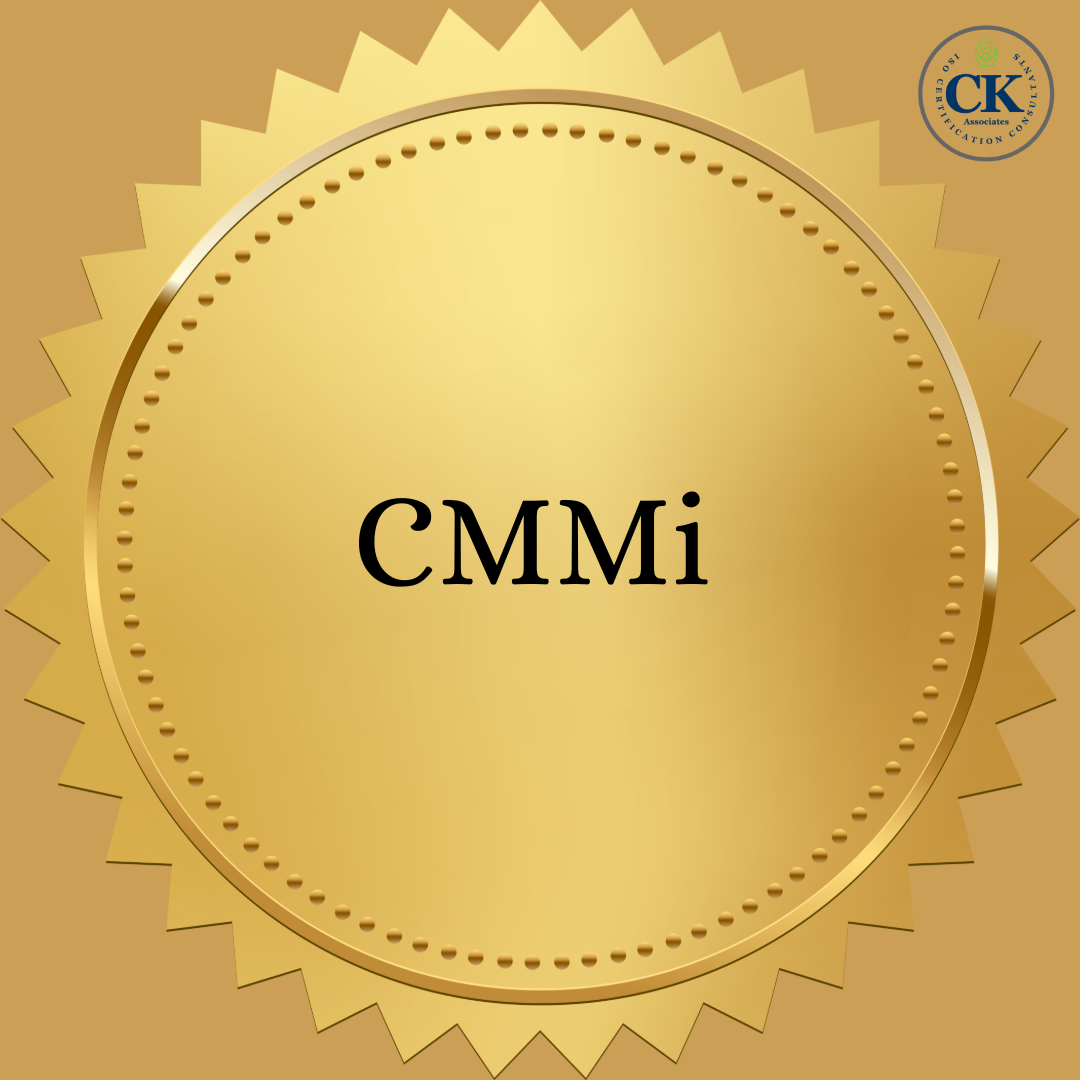
Elevating Organizational Performance and Process Maturity
In today’s competitive business landscape, organizations strive to improve their performance, enhance customer satisfaction, and achieve greater efficiency. CMMI (Capability Maturity Model Integration) certification provides a proven framework for organizations to assess and improve their processes, driving continuous improvement and achieving higher levels of maturity.
Understanding CMMI
- CMMI is a globally recognized framework that helps organizations improve their processes and performance. It provides a set of best practices for process improvement and maturity across various domains, including software development, engineering, and service delivery. CMMI certification demonstrates an organization's commitment to excellence, quality, and continuous improvement.
Key Benefits of CMMI Certification
- Improved Process Efficiency: CMMI helps organizations streamline their processes, eliminate inefficiencies, and reduce waste, leading to improved productivity and cost savings.
- Enhanced Product Quality: By focusing on process improvement and standardization, CMMI helps organizations deliver higher-quality products and services that meet or exceed customer expectations.
- Increased Customer Satisfaction: CMMI emphasizes customer focus and continuous improvement, resulting in improved customer satisfaction, loyalty, and retention.
- Better Risk Management: CMMI encourages organizations to identify and manage risks proactively, reducing the likelihood of project delays, cost overruns, and quality issues.
- Enhanced Organizational Agility: CMMI promotes flexibility, adaptability, and responsiveness to change, enabling organizations to navigate dynamic market conditions and seize new opportunities.
- Greater Predictability and Control: CMMI provides a structured approach to process management and performance measurement, enhancing predictability and control over project outcomes.
- Competitive Advantage: CMMI certification distinguishes organizations as reliable and trustworthy partners capable of delivering high-quality products and services consistently, giving them a competitive edge in the marketplace.
Choosing the Right ISO Consultant:
When selecting an ISO 9001 consultant, organizations should consider the following factors:
Experience and Expertise
Look for consultants with a proven track record of successfully implementing ISO 9001 in organizations similar to yours. Check their credentials, certifications, and client testimonials to gauge their expertise.
Customization
Ensure the consultant offers customized solutions tailored to your organization’s size, industry, and specific requirements. Avoid one-size-fits-all approaches that may not address your unique needs.
Communication and Collaboration
Effective communication and collaboration are essential for a successful consulting engagement. Choose a consultant who listens to your concerns, communicates clearly, and collaborates closely with your team throughout the implementation process.
Cost and Value
While cost is a consideration, prioritize value over price. Choose a consultant who offers a balance of quality services and affordability, delivering tangible results and long-term benefits that justify the investment.
Long-term Support
ISO 9001 certification is just the beginning of your quality journey. Look for consultants who offer ongoing support and assistance beyond certification, helping you maintain compliance, drive continual improvement, and maximize the value of your QMS.
The Role of ISO Consultants
Implementing ISO Standard can be a complex and daunting task, especially for organizations with limited resources or expertise. This is where ISO consultants play a crucial role. Here’s how consultants can help organizations navigate the implementation process:
Expert Guidance
ISO Standards consultants bring extensive knowledge and experience in quality management systems. They help organizations interpret the requirements of the standard and develop customized solutions that align with their unique business needs and objectives.
Gap Analysis
Consultants conduct comprehensive gap analyses to assess the organization's current practices against ISO Standard requirements. This helps identify areas that need improvement and provides a roadmap for implementation.
Customized Implementation Plan
Based on the gap analysis, consultants develop a tailored implementation plan that outlines the steps, timelines, and resources required to achieve ISO certification. This ensures a structured and systematic approach to implementation.
Documentation Support
ISO Standards requires extensive documentation of processes, procedures, and policies. Consultants assist organizations in developing and documenting the necessary documentation, ensuring compliance with ISO standard requirements.
Training and Awareness
Consultants provide training and awareness programs to educate employees about the principles of ISO Standard, their roles and responsibilities, and the benefits of certification. This ensures buy-in and commitment from all levels of the organization.
Internal Audits
Consultants conduct internal audits to assess the effectiveness of the implemented quality management system and identify areas for improvement. This helps organizations maintain compliance and readiness for external certification audits.
Focus on What Matters Most
Attain the highest standards of quality, security, and operational efficiency with ISO Certification. Protect your reputation, secure your data, and optimize your business processes with a certification that distinguishes your organization.
